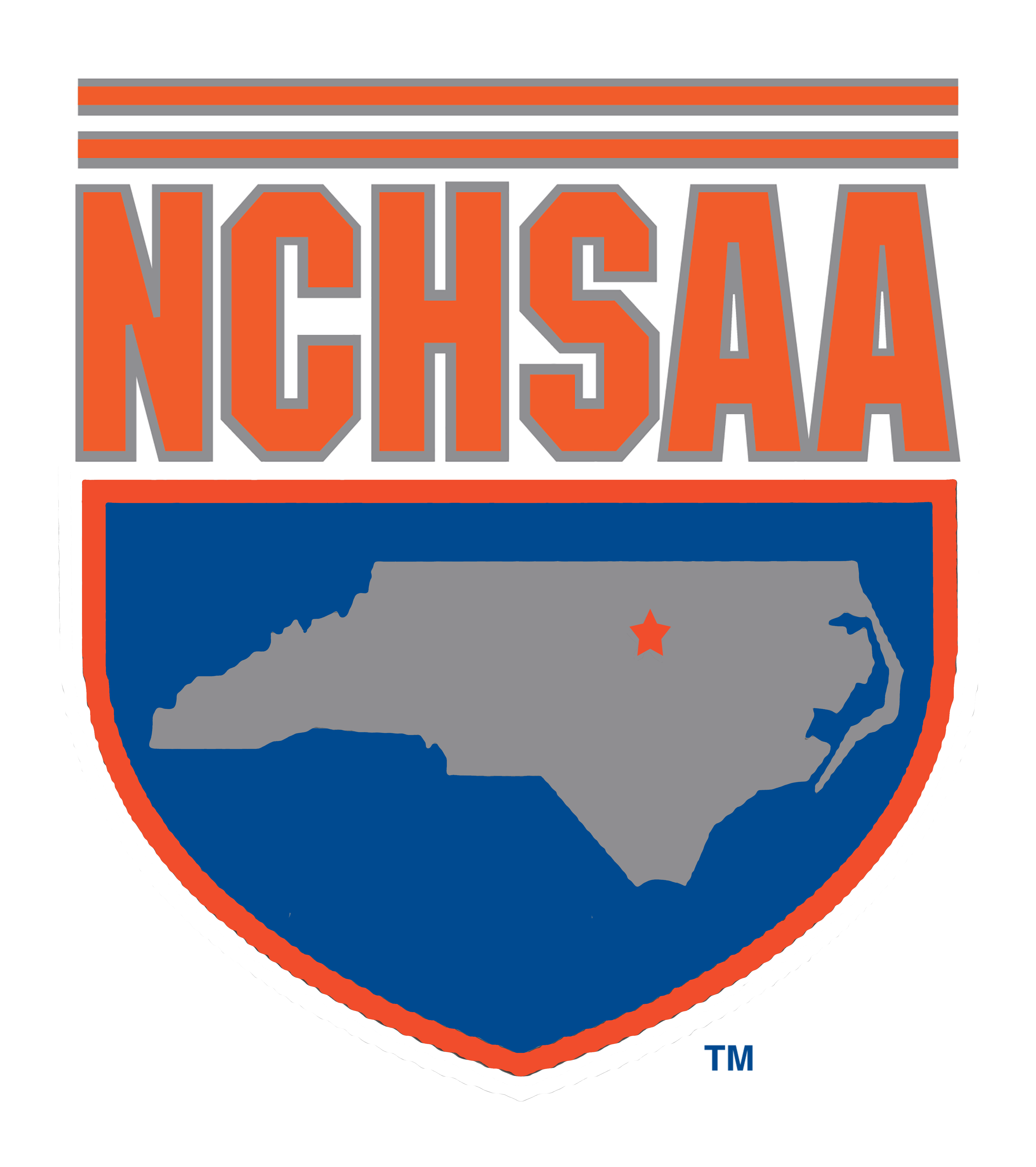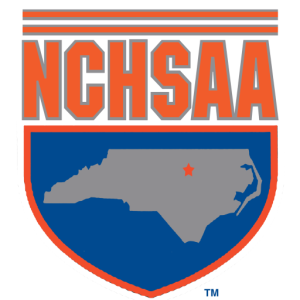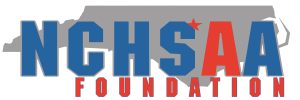FOUR QUESTIONS: A CONVERSATION WITH… MAC MORRIS
Mac Morris has made his mark not just as an outstanding high school basketball coach, but also as the co-executive director of the successful North Carolina Coaches Association and its annual clinic. A graduate of Roxboro High and Davidson College, Morris served at Greensboro’s Page High School from 1968 through ’96, including a 25-year run as head basketball coach. His Pirate teams had an outstanding record of 446-141 during his tenure, including winning the state 4-A title in ’79, ’83 and 1990. He also head men’s tennis coach at Page and won a state title in that sport in 1971. Mac has served on the NCCA staff since 1987 and is a member of the North Carolina Athletic Directors Association Hall of Fame, the Guilford County Sports Hall of Fame and the NCHSAA Hall of Fame.
Talk about your work with the North Carolina Coaches Association. What do you find to be the most difficult part of working for the NCCA and coaches all over the state, and what is the most rewarding part?
The most difficult part would be that with over 100 separate LEA’S, we have a number of different interpretations of rules that affect our membership and it is impossible for us to know how each LEA treats a certain question. The second thing would be that teachers and coaches are notorious for not reading materials sent to them and we get some questions that have been answered in print. The most rewarding part is seeing young coaches come to the Clinic who are eager to learn and to be the best coaches possible.
What are the biggest changes you’ve seen in high school athletics during your career?
From playing football at a time when practice started on August 15th and the first game was after Labor Day, with no summer workouts or skill development being allowed, to our current rules is a huge change. But the biggest change is the difference in parents currently. In olden times, parents were so supportive of coaches and happy that their children had the opportunity to be influenced by their coaches. Now parents are so scholarship driven that they think their child is going to get a scholarship to play a sport in college when they are probably more likely to be struck by lightning than get a full scholarship. Another change related to this is the end of the three-sport athlete. Because parents are convinced that their child will get a scholarship, they will allow the student to specialize in any sport that the coach promises to help them get a scholarship.
What is your best memory of high school athletics personally, from your own involvement in them? You certainly coached some outstanding basketball teams during your time at Greensboro Page.
The family-type atmosphere that we created around our teams. Early in my coaching career, I learned that if you surround yourself with good people success will be easier. Seeing young men who played for me grow into successful adults and getting to know their families is tremendously rewarding. Obviously winning state championships was fun, but when the time came that I wasn’t sad to see the season end was the time that I didn’t need to coach again.
How would you describe your time as a member of the NCHSAA Board of Directors and what have you learned from that experience?
Being a member of the Board has been one of my best experiences. I learned early on that you checked your egos at the door and there were no longer any PhD’s or principals or athletic directors. There were just people who were trying to do what was best for the student-athletes of North Carolina. I was able to meet and work with some great people who were the educational leaders of the state and remain friends today. We battled some very tough issues and while there were many different opinions, we left as one. The perception of the Board from outside the room is far different from actuality.



